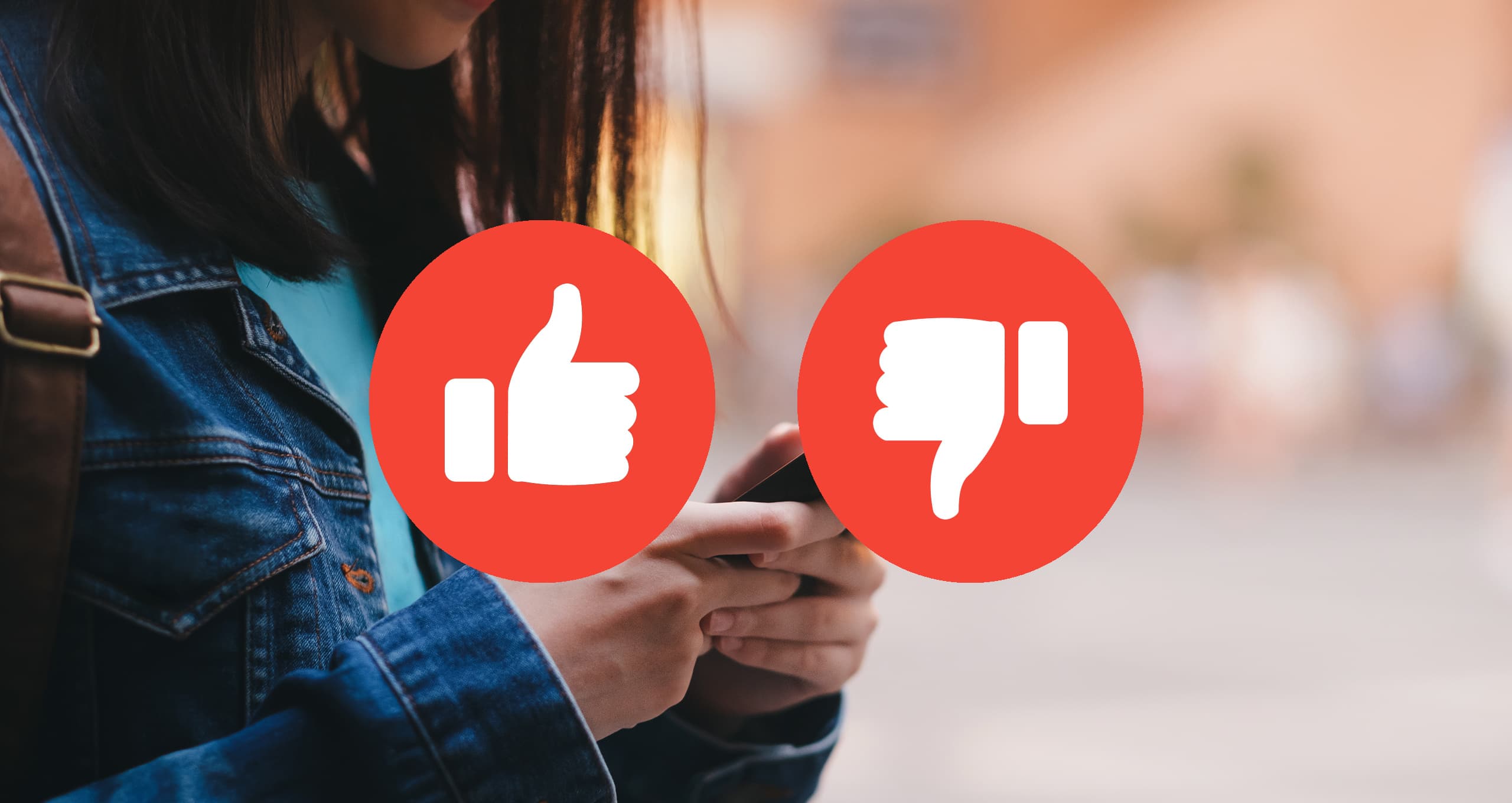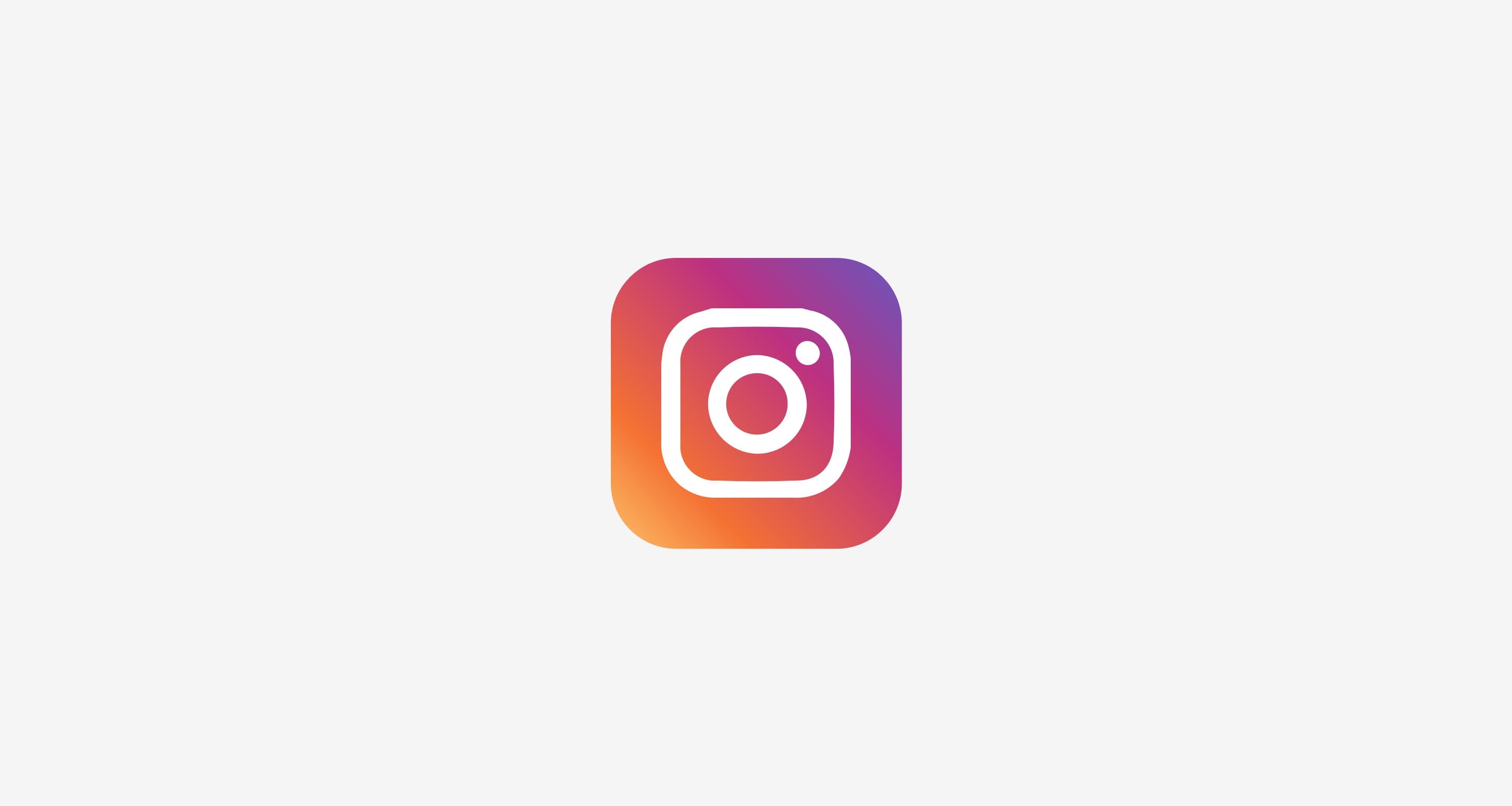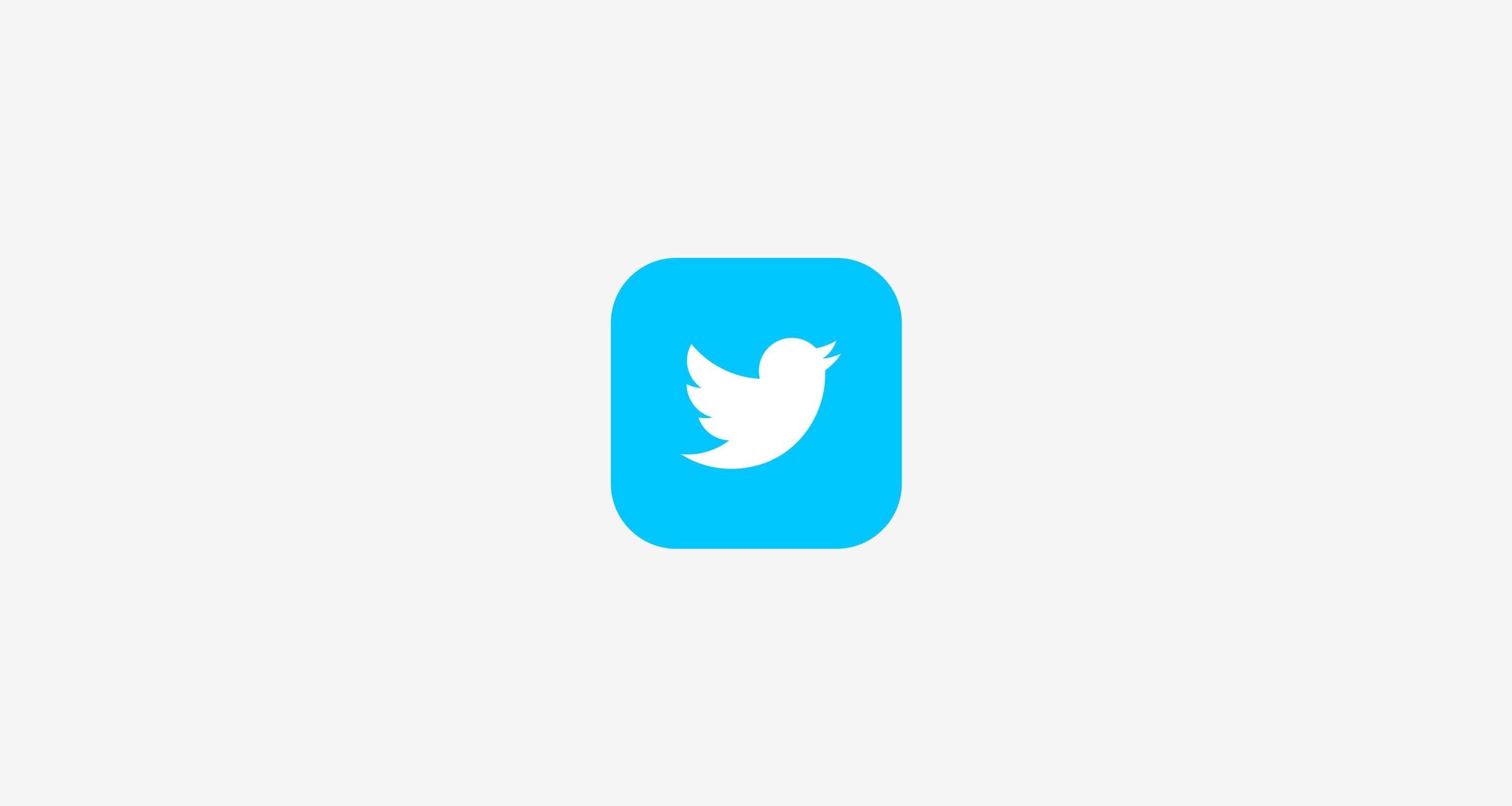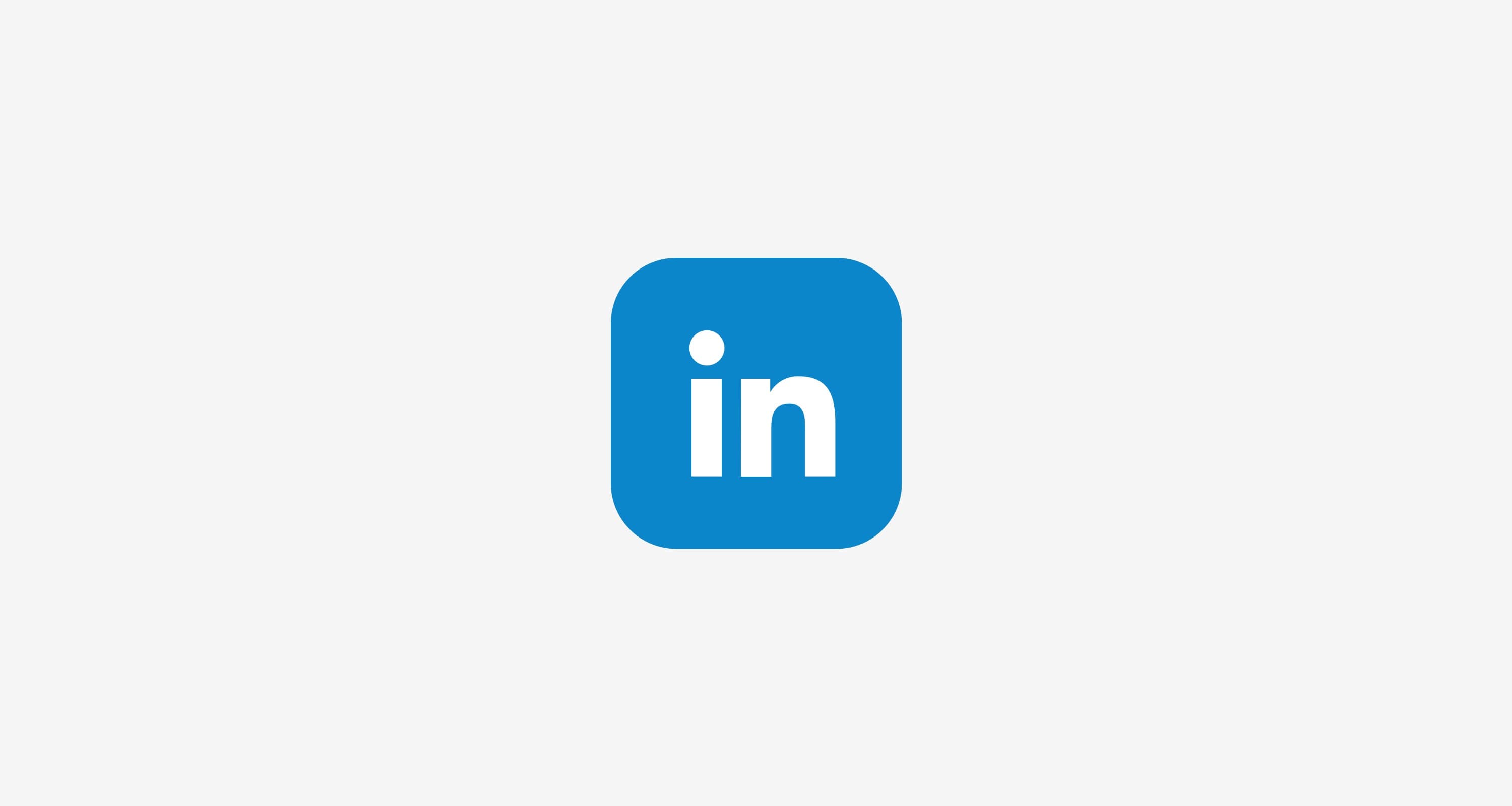Social media can be one of your company’s most profitable marketing channels.
Creating social pages for your business is a great way to boost audience engagement, connect with existing customers and reach new audiences.
However, not all platforms are a good fit for every company or organisation. It’s important to find the right social media platforms that work the best for your business and will provide the most value.
Before choosing which social profiles to create and where, we’ve pulled together what you need to know for each of the major platforms…
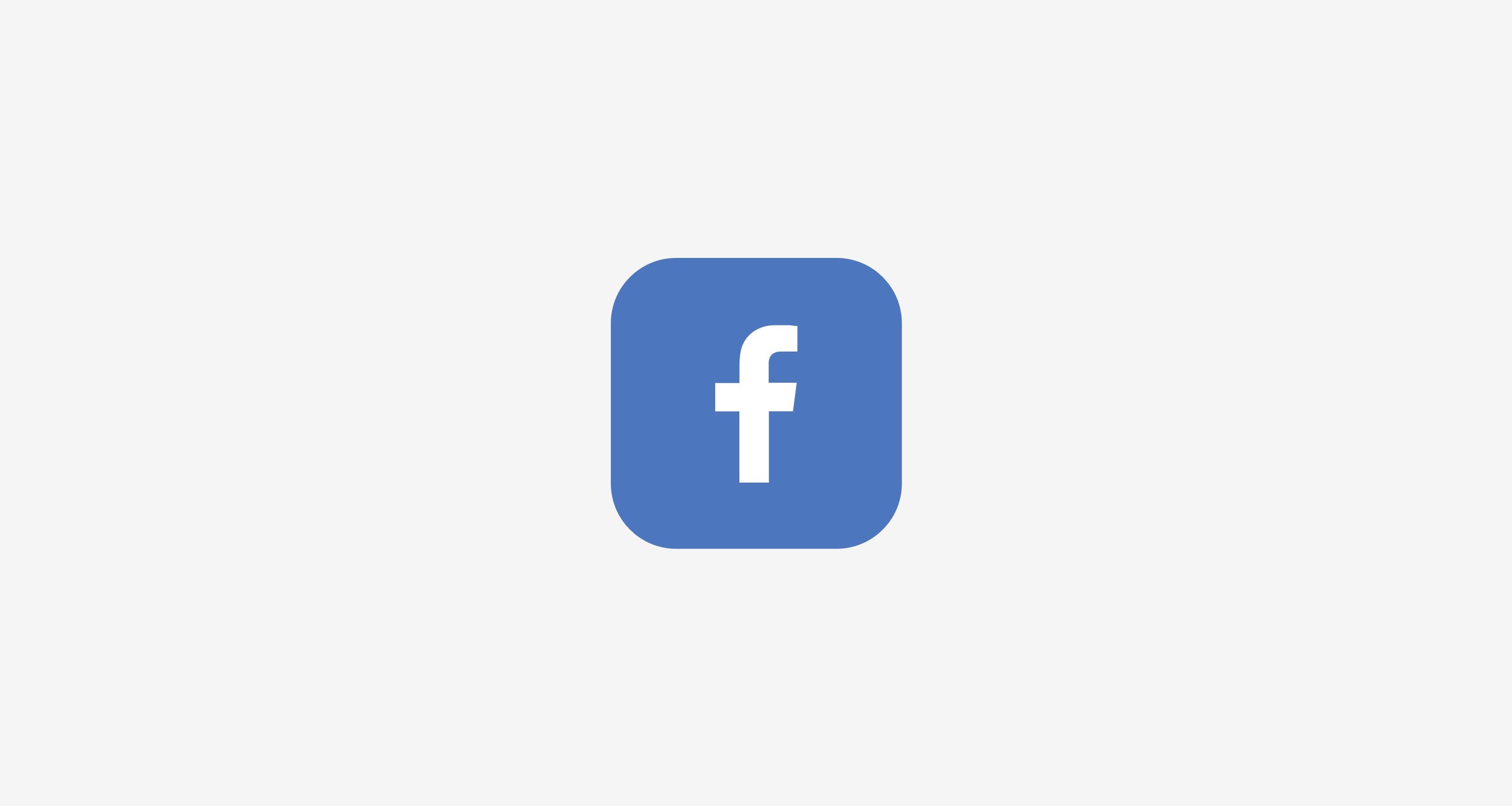 Facebook
Facebook
Facebook is an extremely popular social media platform that reaches a wide and varied audience. As of 2020, Facebook has 2.74 billion monthly active users – this makes Facebook the most popular social networking site and a highly useful tool for marketing your business.
Facebook is also the world’s third most visited website, after Google and YouTube. Having a business presence on the site will help you gain exposure to potential customers.
Pros:
- Facebook is a tool that is right for just about any business – this is because the average age of Facebook users is extremely varied so you are very likely to attract the attention of your target audience.
- You can create targeted paid advertisements to boost your reach and get your content directly in front of a specific audience.
- The platform allows you to easily interact with your customers through two-way communication.
- You have the option to either create a business page, a private group, or both.
- You can use data from your page’s ‘Facebook Insights’ to understand what content works best and plan for the future.
Cons:
- Advertising requires a budget.
- It is most effective to post regularly and consistently, which requires a time investment.
- The two-way communication nature of Facebook means that unhappy customers can voice their complaints publicly.
From Instagram Live to Instagram Stories, there is no shortage of tools businesses can use to promote themselves on this social media platform. Instagram has over 1 billion global users and is a visual platform based entirely on photo and video posts, so it’s best for businesses that have strong visual content to share.
Unlike Facebook, recent demographics indicate that users of the site are predominantly under the age of 34 so you are less likely to appeal to an older audience on the site.
Pros:
- It gives customers a visual reference of what you offer. If done right, pictures and videos can often be worth 1000 words.
- Instagram is a fantastic place to showcase your brand personality. Your profile can show your employees at work or using your products. Your Instagram stories can go even further.
- The social media site is very searchable. As long as you put in the right hashtags, your content is easy to find.
- With new features being frequently launched, Instagram provides a great opportunity to explore avenues and try out new content.
Cons:
- If you target a predominantly older market, then it’s most likely your audience won’t be on Instagram. Millennials heavily use the app, but the older demographics haven’t all made the transition yet.
- The platform is very content heavy so you’ll need a lot of pictures to really make the most of it.
Sending people to your website is more difficult as you cannot use clickable links in your posts. Make sure to put your link in your bio and direct your audience there.
Twitter is a social media and online news platform where people communicate in short messages – up to 280 characters long.
As of January 2020, Twitter has approximately 340 million monthly active users. While setting up a Twitter for Business profile is simple, it needs to be used regularly to be most effective.
Pros:
- Twitter was the first network introducing the use of hashtags, and they are used to index keywords and topics, making it easy to find interesting subjects to follow.
- Getting to the point and being direct is not an issue on twitter as with limited characters, you’ll struggle to ramble on.
Cons:
- The limited characters can also be a drawback of the social media platform, as people struggle to express themselves and get across what they truly want to say.
- Twitter is a busy place and getting noticed in the midst of all the tweets can prove difficult.
- Some industries which don’t tend to work as well on the platform. Fashion, food and other visual brands will struggle to gain traction.
One of the best social networks for the professional today is LinkedIn. It can be an excellent platform for people to network and find new business partners.
That said, the social media platform is not valuable to all businesses.
Pros:
- As its main focus is the business world, it’s great for B2B.
- It’s an easy way to stay up-to-date within an industry.
- It’s a fast way to establish personal credibility as other businesses and customers can leave testimonials. It’s also a space to demonstrate your knowledge and skills in your respective field.
Cons:
- LinkedIn is not suitable for every business as it is a professional environment that might not match your company’s tone of voice or image.
- You won’t be able to reach younger audiences that haven’t started a career.
- LinkedIn posts receive limited social engagement in comparison to other social networking sites.
Using Pinterest for business is perfect for showcasing products and services as Pinterest often acts as an information resource for so many users preparing to make a purchase.
There are over 200 million monthly Pinterest users worldwide, all seeking and sharing helpful, inspiring ideas on the platform.
Pros:
- Great for visually appealing brands and products, users seek to ‘pin’ aesthetically pleasing images.
- Pinterest also has a higher conversion rate than other social media platforms. 50% of pinners say they have purchased a product after seeing it advertised on Pinterest.
- Pinterest is fantastic for driving traffic. If you have a blog, then Pinterest is a great place for your posts.
Cons:
- Pinterest has a specific audience as it caters mainly to women (81%).
- The more pins you post – the more successful your account will be. So using the platform can be very time consuming.
TikTok is a social media network that features short videos (15 seconds, but can be up to 60 seconds max) and is one of the fastest growing social media platforms in the world.
As of January 2021, the platform has 689 million monthly active users worldwide making it the seventh-largest platform in terms of users.
Pros:
- The nature of the app lends itself well to more informal and behind-the-scenes content, good for showcasing a playful and less sales-focused angle to your content
- Due to the current ‘trending’ nature of the app, it can be seen as a ready-made vehicle for which to take part in the many viral videos and challenges
Cons:
- The type of content required may not fit your brand’s TOV
- It is aimed at a younger audience so may not necessarily reach your target audience.
- While the app is trending now, this means it holds the potential to see a decline in user activity in the future.
- It may prove more difficult to build a strong following as the app encourages users to jump from audience to audience.
By now, you have probably seen influencers and celebrities post on their Instagram Stories about the conversations they’re having on Clubhouse.
Clubhouse is an iPhone-only voice-chatting app where individuals can host and join different conversations.
There are no videos, no pictures, and hardly any text. It’s all just audio. But despite this, the platform is becoming extremely popular.
The conversations happen live and aren’t recorded for playback. If you’re not in the room, you miss what’s happening. This means people are spending a lot of time on the app.
Clubhouse lends itself perfectly to building brand awareness through word-of-mouth campaigns.
Pros:
- The conversational nature of the app allows you to share your knowledge and establish expertise in your field.
- Chat rooms cover a wide range of topics that are relevant to your business goals, and you can make solid connections with people who share your interests.
Cons:
- As the app becomes more popular there is more noise, meaning you have to work harder to find worthwhile chat rooms.
- Talking in a chat room requires dedicating a substantial amount of time on the platform.
- The site is quite new so it has a smaller amount of users in comparison to other social media networks.
- You cannot currently create visual adverts.
We hope that reading this blog has equipped you with the insight you need on the most popular social media platforms to choose the best site for your business.

